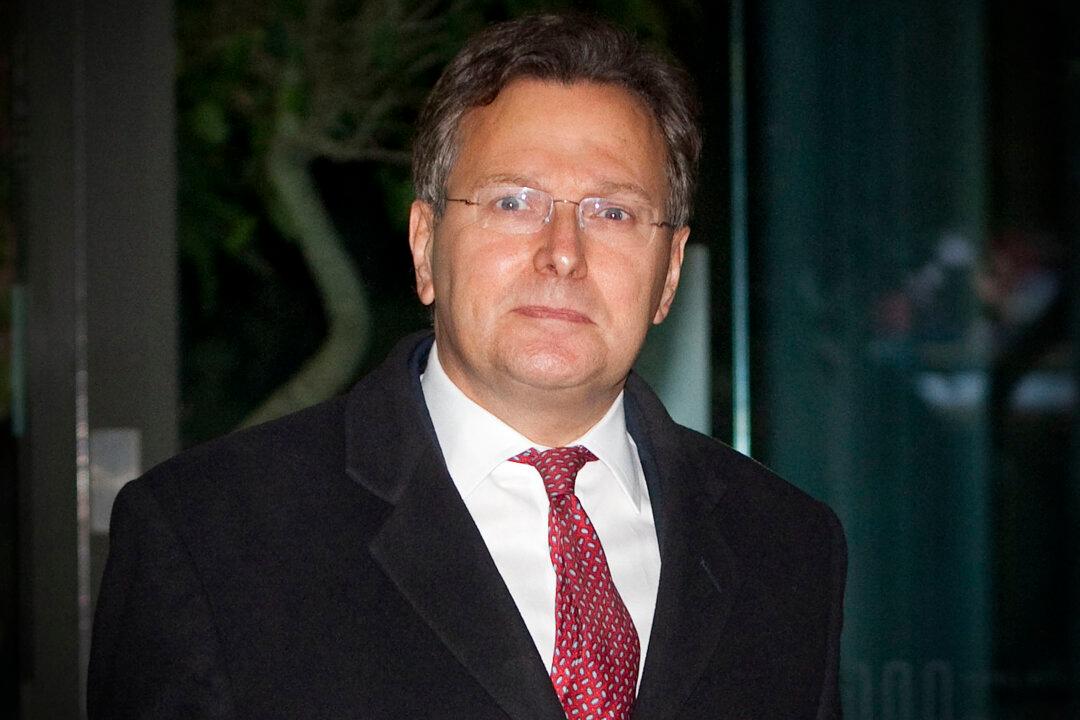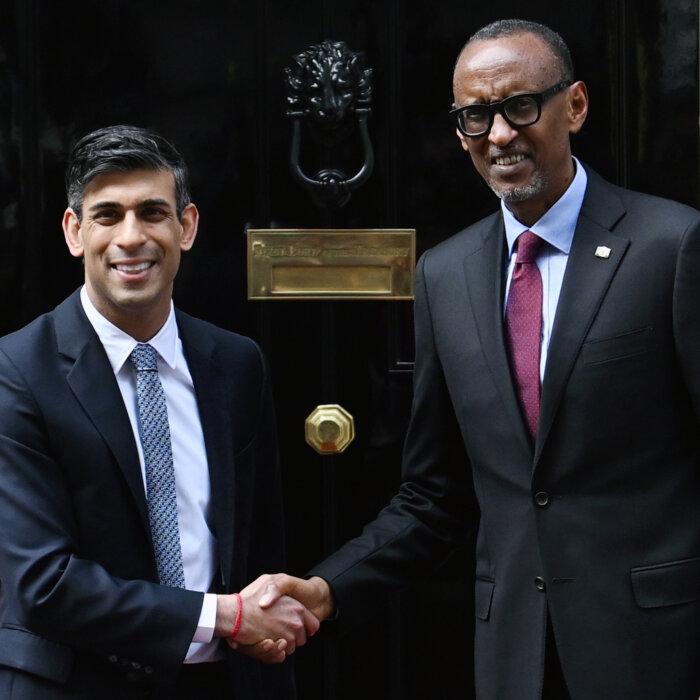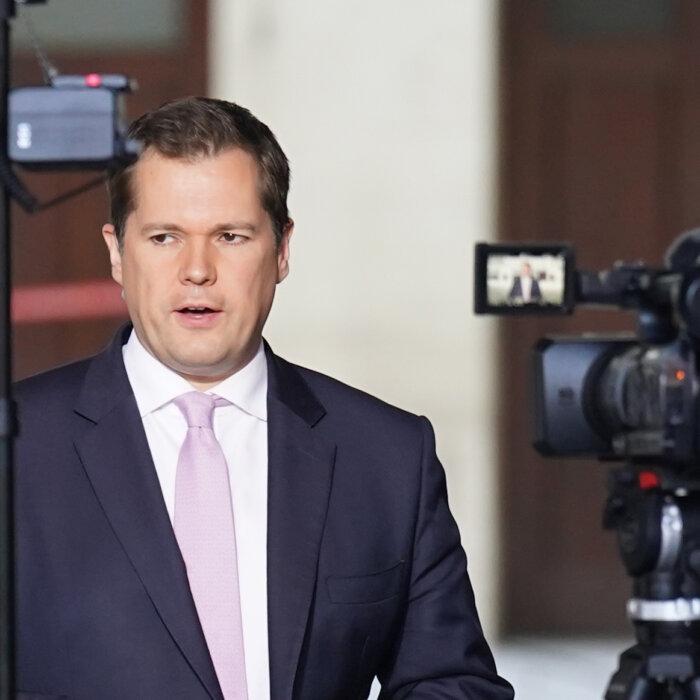Labour MP Lord Goldsmith will table motions on Monday in a bid to delay the ratification of the Rwanda migration treaty.
Prime Minister Rishi Sunak on Thursday warned the Lords against blocking the bill, saying it would be to “frustrate the will of the people as expressed by the elected House.” The bill will be debated in the Lords on Jan. 29.
One of the motions asks the House to take note of the government’s agreement with Rwanda. The other one says the government “should not ratify the UK-Rwanda agreement on an asylum partnership until the protections it provides have been fully implemented, since Parliament is being asked to make a judgement, based on the agreement, about whether Rwanda is safe.”
However, if the motion is passed, it won’t be legally-binding because the House of Lords only has advisory power, but it could create headaches for the government if it chooses to disregard it.
The government initially signed a memorandum of understanding (MoU) with Rwandan President Paul Kigali in 2022 to allow the UK to send illegal immigrants to the country, where they can be granted asylum or other forms of permission to stay. In exchange, the UK provides development funding to the East African country, as well as the costs for the processing and integration of the relocated immigrants.
After the Supreme Court ruled that Rwanda is not safe because of risks of refoulement, meaning the relocated people risk being sent back to their home countries where they may face mistreatment, the governments made some changes to the MoU. They also upgraded it to a legally-binding treaty and introduced the Rwanda bill, which asks Parliament to declare Rwanda safe based on the safeguards provided in the treaty.
‘Greater Transparency’
In its report, the committee said the Supreme Court relied heavily on the evidence of the United Nations High Commissioner for Refugees (UNHCR) in making its assessment of whether Rwanda is a safe country, and that the U.N. agency said the guarantees in the treaty “require sustained, long-term efforts” to achieve.To abide by the treaty, which Rwanda also needs to ratify, Rwanda is required to reform its asylum law and make chances to its processing. Other steps are also needed such as the recruitment of a monitoring committee support team, the appointment of co-presidents of an appeals body, and the appointment and training for international judges in Rwandan law and practice.
The IAC said these steps will “take time” and said the implementation of the treaty needs “greater transparency.”
“The government should not ratify the Rwanda Treaty until Parliament is satisfied that the protections it provides have been fully implemented since Parliament is being asked to make a judgement, based on the Treaty, that Rwanda is safe,” the committee said.
“The government should submit further information to Parliament in due course to confirm that the necessary legal and practical steps and training identified in this report, which underpin the protections provided for in the Treaty, have been put in place and bedded in. It should then allow for a further debate before proceeding to ratification,” it added.
Foreign Secretary James Cleverly has said the terms of the Rwanda treaty are stronger than what “others have with Rwanda, including the UNHCR.”
He also said he’s “confident” Rwanda is incentivised to abide by the treaty because it knows “much of the world is watching.”
The Rwanda bill has also suffered attacks from Tory MPs who wanted tougher provisions to block legal challenges, but the bill has survived the Commons after most rebels compromised on Wednesday.







